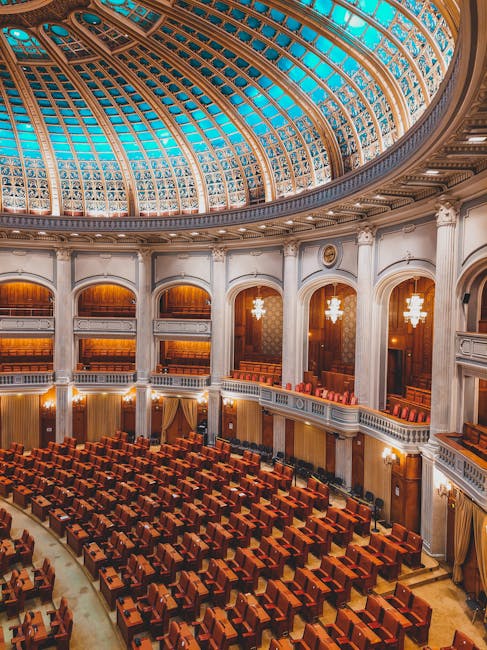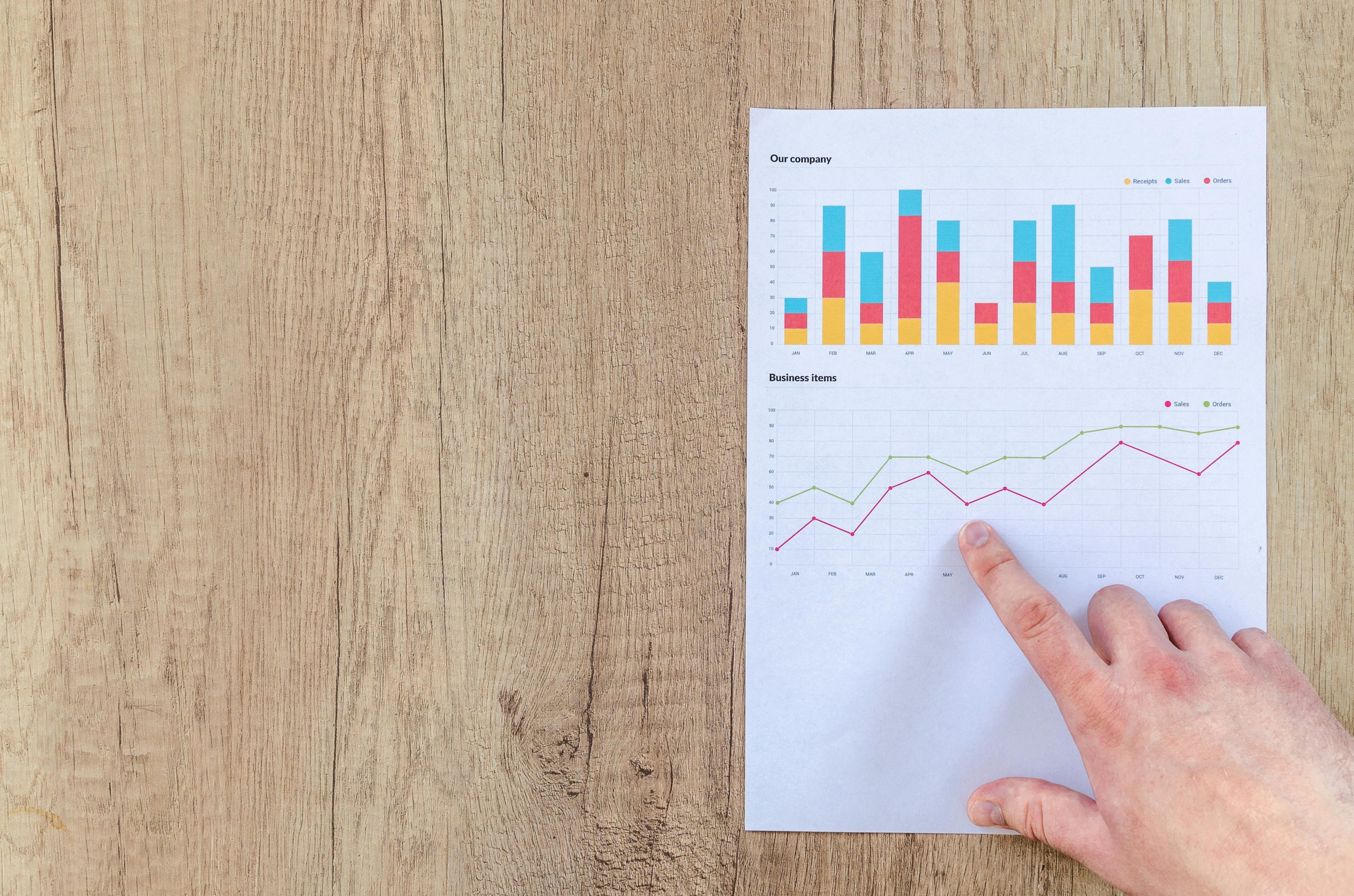The Elite’s Fear of Donald Trump: Unpacking the Anxiety
In recent years, the rise of Donald Trump has sparked significant anxiety among the political and social elite. But what is it about his presence that elicits such concern? Let’s delve into the underlying reasons behind this fear.
Disruption of the Status Quo
Trump’s ascent to power represented a direct challenge to established norms and traditional political frameworks. His unorthodox approach and bold rhetoric have not only disrupted the typical political discourse but have also shaken the foundations of a system that many elites have relied upon for stability and influence over the years. This has created a sense of vulnerability among those who have long held decision-making power.
Appeal to the Disenfranchised
Another reason for the elite’s apprehension is Trump’s ability to resonate with a considerable segment of the population who feel overlooked by mainstream politics. His populist message has galvanized those who are frustrated with globalism, economic disparity, and political correctness. As he advocates for the voice of the average citizen, the elite may fear losing their grip on power as he continues to broaden his support base.
Unpredictability
Trump’s unpredictable nature presents a significant concern. His willingness to break from tradition and challenge established protocols makes him a wild card in political arenas. Elites often thrive on predictability, allowing them to maneuver within set boundaries. Trump’s approach not only defies expectations but also instills apprehension about the potential for radical shifts in policy and governance.
Media Influence
The media landscape also plays a crucial role in this dynamic. Trump’s unique relationship with the media—often characterized by confrontation and mutual hostility—has altered the way political narratives are shaped and disseminated. His use of social media to communicate directly with the public bypasses conventional channels, which can unsettle established elites who have traditionally controlled the flow of information.
Conclusion
The concern surrounding Donald Trump isn’t merely about one individual’s politics; it’s reflective of larger tensions within society. The fear felt by the elite is indicative of deeper issues that question the stability of political systems, the voices of the populace, and the future of governance itself. As Trump continues to navigate these turbulent waters, the conversation about his impact on the elite and American politics at large is sure to remain front and center.




The perception that elites are afraid of Donald Trump stems from several interrelated factors that highlight his unconventional political approach, significant influence on populist sentiments, and the challenges he poses to established norms. Let’s delve deeper into these aspects for a more comprehensive understanding.
Disruption of Established Norms: Donald Trump represents a departure from traditional political behavior and rhetoric. His unfiltered communication style, particularly through social media, has upended the conventional norms that many elites within the political and media establishments have relied on. This disruption can lead to a sense of fear among these elites, as Trump’s approach garners a devoted following that questions their authority and the status quo.
Populist Appeal: Trump’s ability to connect with a large swath of the American populace is a significant concern for the elites. He often addresses the grievances and frustrations of the working and middle classes, particularly those who feel left behind by globalization and technological change. This populist rhetoric can mobilize voters in ways that traditional establishment figures struggle to achieve, creating a political landscape that is unpredictable and potentially hostile to established powers.
Political Outsider Status: Trump’s outsider status resonates with many who distrust the ‘political class.’ The elites in both political parties often maintain a tight grip on power and decision-making, but Trump’s background as a businessman rather than a career politician has allowed him to position himself as a champion of the average citizen. This fear stems from his potential to alter the power dynamics within the Republican Party and possibly beyond, as he gains traction with voters disillusioned by traditional political figures.
Challenge to Globalist Policies: Many elites advocate for globalization and policies that promote international cooperation and trade. Trump’s “America First” agenda, which often included criticism of multinational agreements and organizations, strikes at the very core of the ideologies that many elites support. His stance on tariffs and immigration, for instance, has ignited fears that he could unravel decades of economic integration and collaborative policy-making, leading to instability both domestically and internationally.
Impact on Political Discourse: Trump’s rise has also shifted political discourse towards a more confrontational style. This includes attacks on the media, political opponents, and even judicial decisions. Elites may fear that this environment fosters division and hostility, undermining civil discourse and challenging the very fabric of democratic norms—an instability that can be threatening to established institutions.
Potential for Future Political Movements: The fear of